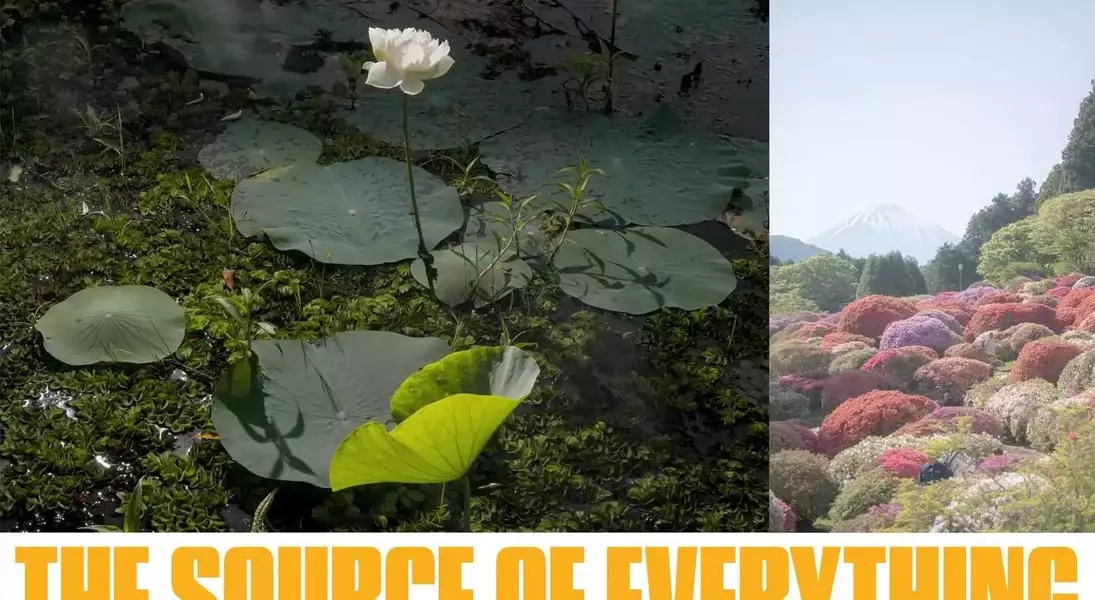
Nestled in the heart of the Nile Delta, approximately 50 miles north of Cairo, lies the quaint town of Shubra Bilulah. This region is renowned for its vast expanse of flower farms, covering about 300 acres, primarily dedicated to cultivating Jasminum grandiflorum. These delicate white blossoms flourish from June to December and contribute significantly to Egypt's jasmine harvest, yielding around 2,500 tons annually. The flowers are meticulously handpicked at dawn and undergo an intricate extraction process, transforming them into a wax-like substance that is highly sought after by perfumeries worldwide. Despite challenges such as economic inflation and concerns over labor practices, the jasmine industry remains integral to the local community, supporting the livelihoods of nearly 20,000 residents.
Though not native to Egypt, jasmine has deep roots in the country's history. According to legend, traders from Mesopotamia introduced the plant between 1300 and 1200 B.C., and by the ninth century A.D., it had become a frequent muse in Arabic poetry and literature. The 19th century saw jasmine featured prominently in Khedive Ismail's Parisian-inspired botanical gardens in Cairo. It wasn't until the 1950s that Egypt established its first commercial extraction facility, marking the beginning of Shubra Bilulah's transformation into a hub for jasmine production. By the 1960s, this industry had become the backbone of the town's economy.
The cultivation of jasmine in Shubra Bilulah extends beyond mere economic significance; it is deeply intertwined with local traditions. Jasmine symbolizes love, beauty, and purity, and during late spring, when the buds begin to bloom, the flowers are strung into necklaces and sold on street corners, traffic lights, and along the Nile promenades. These fragrant adornments are cherished gifts exchanged between lovers, hung on rearview mirrors, and given to children by their parents. This tradition underscores the cultural importance of jasmine in daily life, making it more than just a crop but a symbol of heritage.
Today, Egyptian jasmine accounts for roughly half of the global fragrance industry's jasmine extract. Despite the challenges faced by the community, including economic pressures and labor concerns, the industry continues to thrive. For many residents, farming jasmine is not only a means of income but also a cherished tradition passed down through generations. As the scent of jasmine fills the air, it serves as a reminder of the town's enduring legacy and its pivotal role in the world of perfumery.
